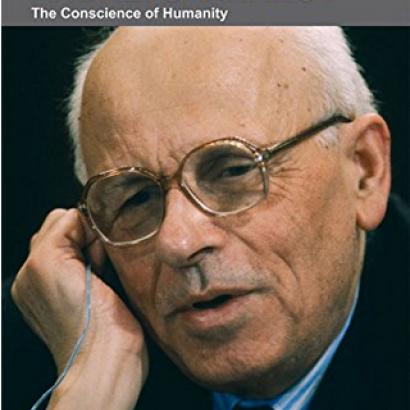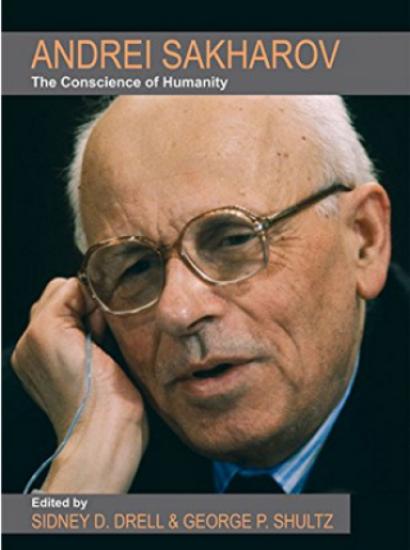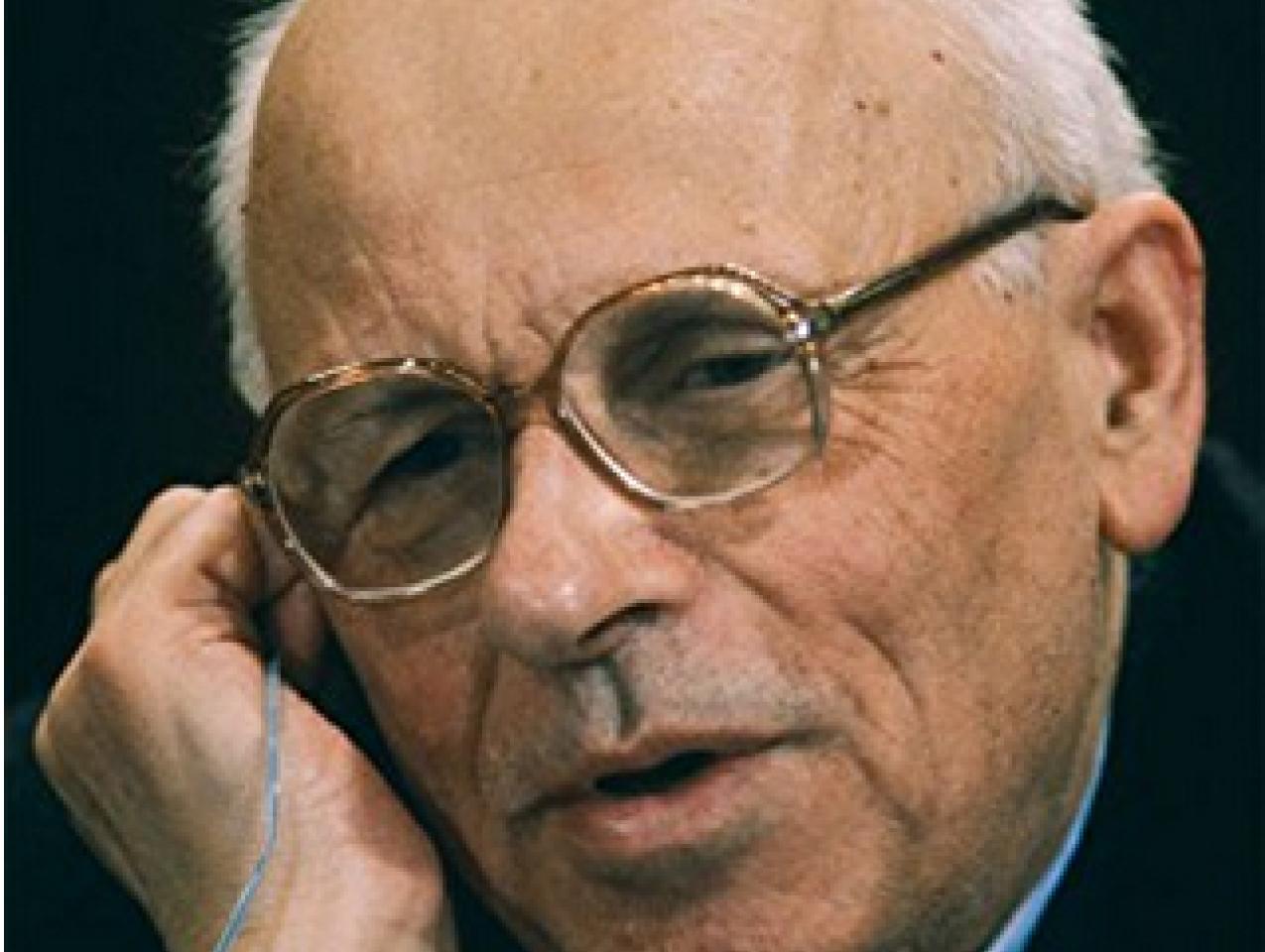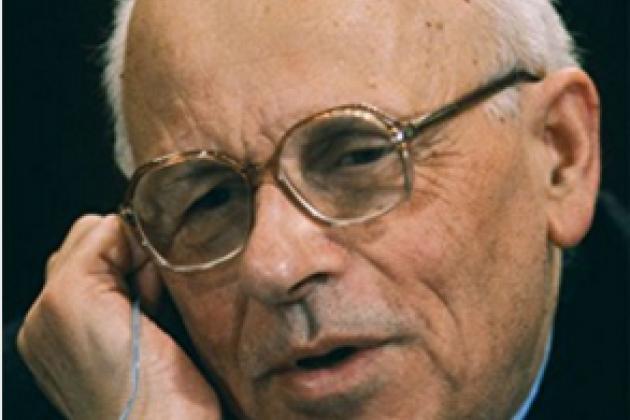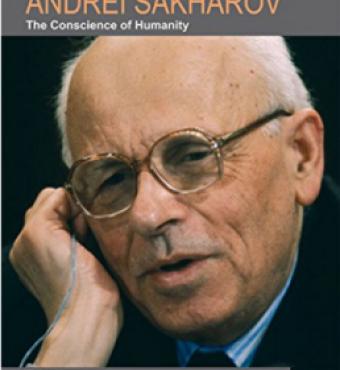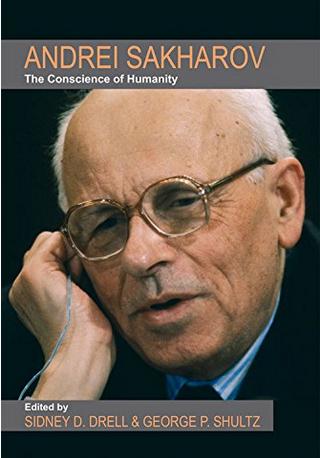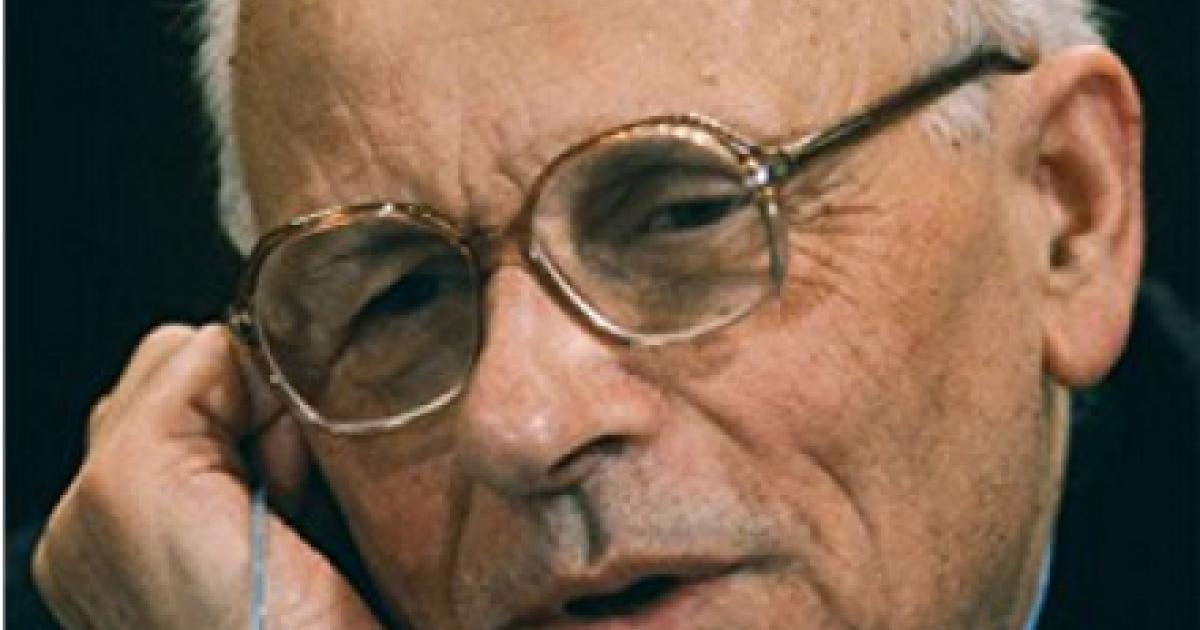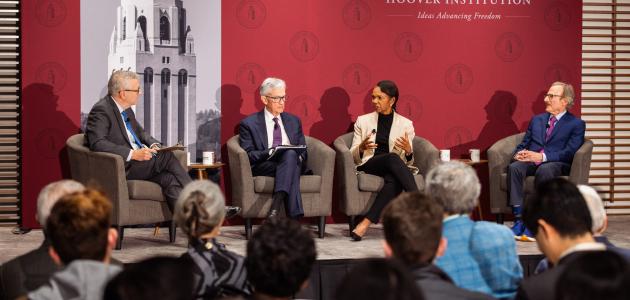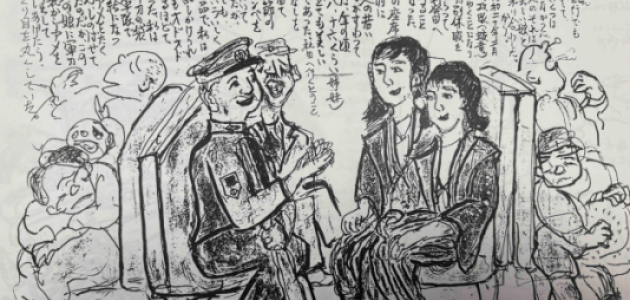The Hoover Institution Press released Andrei Sakharov: The Conscience of Humanity, edited by George P. Shultz, the Thomas W. and Susan B. Ford Distinguished Fellow, and Senior Fellow Sidney Drell.
The book takes a deep look at the life and works of Russian nuclear physicist and human rights activist Andrei Sakharov, drawing on his experience to shed light on solutions in the face of today’s nuclear threats.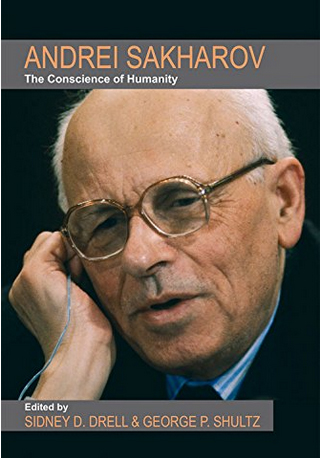
“Andrei Sakharov was a remarkable man whose heroic insistence on the preservation of human dignity in the Soviet Union was a seminal contribution to the cause of freedom in the world. This important book of essays discusses the application of his principles to a wide range of human achievements,” said Hoover distinguished visiting fellow Henry A. Kissinger, a former secretary of state and national security adviser.
The world has changed dramatically since Ronald Reagan and Mikhail Gorbachev began working together to end the Cold War. The peaceful world they envisioned thirty years ago is today eclipsed by the reality that mankind still possesses the knowledge and means to destroy itself with nuclear weapons. Drawing from a 2014 Hoover Institution conference, the book tells the fascinating account of Sakharov’s transformation from renowned scientist who played a leading role in developing the so-called hydrogen bomb to fearless humanitarian who had the courage to speak out against Soviet rulers, demanding, an end to the testing of such weapons and calling for their elimination.
“George Shultz, Sid Drell, and the Hoover Institution have brought together an extraordinary group of authors to remind us again how one individual can profoundly anticipate—and alter—history,” said Sam Nunn, cochairman of the Nuclear Threat Initiative. “What is most remarkable about this collection of essays built around Sakharov’s life and career is their relevance to the challenges we face today and will face tomorrow as citizens and societies in an increasingly dangerous world. Today and tomorrow’s leaders would greatly benefit from reading this book.”
The editors illustrate how Sakharov’s compassion, moral integrity, and outspokenness, even in circumstances of personal danger, can serve as a model for peaceful nuclear resolutions.
EDITORS: George P. Shultz served in the Reagan administration as chairman of the President’s Economic Policy Advisory Board (1981–82) and secretary of state (1982–89). Since 1989, he has been the Thomas W. and Susan B. Ford Distinguished Fellow at Stanford University’s Hoover Institution. Sidney D. Drell is a senior fellow at Stanford’s Hoover Institution and a professor emeritus of theoretical physics at the SLAC National Accelerator Laboratory. He received the National Medal of Science in 2013.
CONTRIBUTORS: Gerhard Casper, Sidney D. Drell, James O. Ellis Jr., James E. Goodby, J. Bryan Hehir, Jim Hoagland, David Holloway, Elizabeth Holmes, Raymond Jeanloz, Jim Mattis, William J. Perry, Serge Schmemann, Lucy Shapiro, Jane Shaw, George P. Shultz, Christopher William Stubbs, William E. Swing, Philip Taubman, and Tatiana Yankelevich
For more information on Andrei Sakharov: The Conscience of Humanity, visit HooverPress.org. For more information on the Hoover Institution, visit Hoover.org or find us on Facebook, Twitter, and Scribd (keyword: Hoover Institution).
About the Hoover Institution: The Hoover Institution, Stanford University, is a public policy research center devoted to the advanced study of economics, politics, history, and political economy—both domestic and foreign—as well as international affairs. With its eminent scholars and world-renowned Library & Archives, the Hoover Institution seeks to improve the human condition by advancing ideas that promote economic opportunity and prosperity and secure and safeguard peace for America and all mankind.
CONTACT INFORMATION: Jenny Mayfield | Office of Public Affairs | Hoover Institution | jennymayfield@stanford.edu | 650-723-0603







